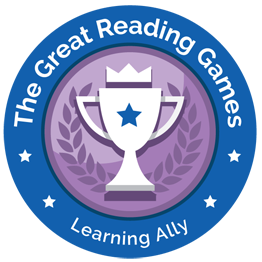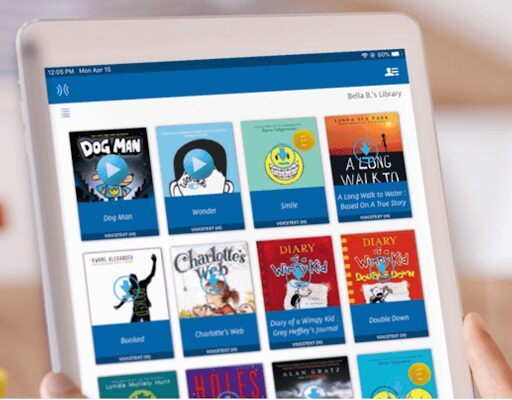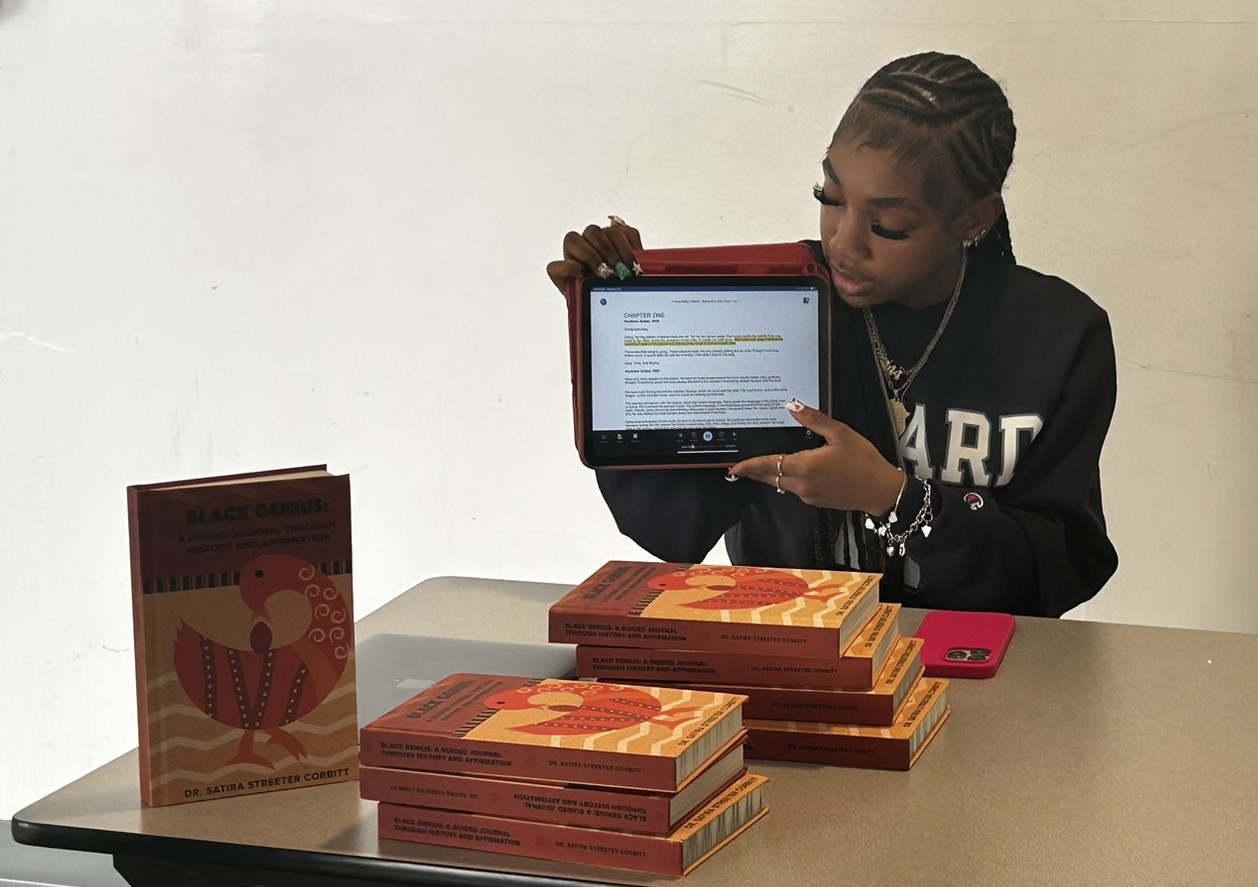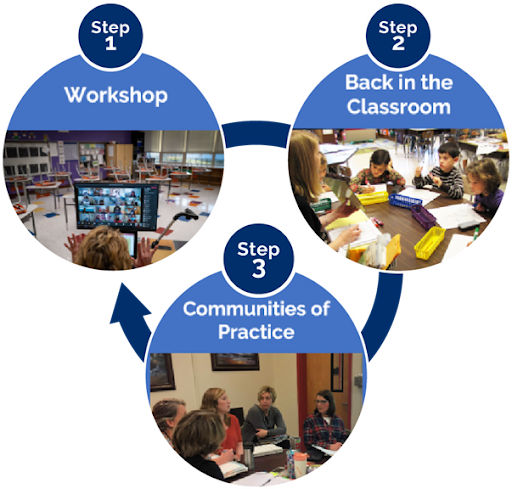In today's fast-paced educational landscape, fostering a love for reading among students can be challenging, especially for those who struggle with literacy, including students with dyslexia. At Learning Ally, we believe every student deserves the chance to be seen as a reader, and our Great Reading Games initiative is designed to motivate and celebrate learners[...]
Categories: resourceLearning Ally Blog: Access and Achievement
Now more than ever, people with learning and visual disabilities are flourishing in the classroom, launching productive careers and becoming assets in their communities. This blog spotlights remarkable individuals who demonstrate that having a visual or print disability is no barrier to educational success.
A Passion for Literacy: How One Student is Making a Difference In today’s world, literacy is more than just the ability to read—it’s the foundation for success in education, career… Read more
Categories: Community Service, Featured, Giving, UncategorizedOne of our West Coast district partners—and also one of the largest school districts in the country—experienced significant challenges before discovering the transformative power of actionable learning. Despite investing in a popular professional learning program to improve literacy instruction, administrators saw no meaningful changes in their teachers’ classrooms.
Categories: resource



